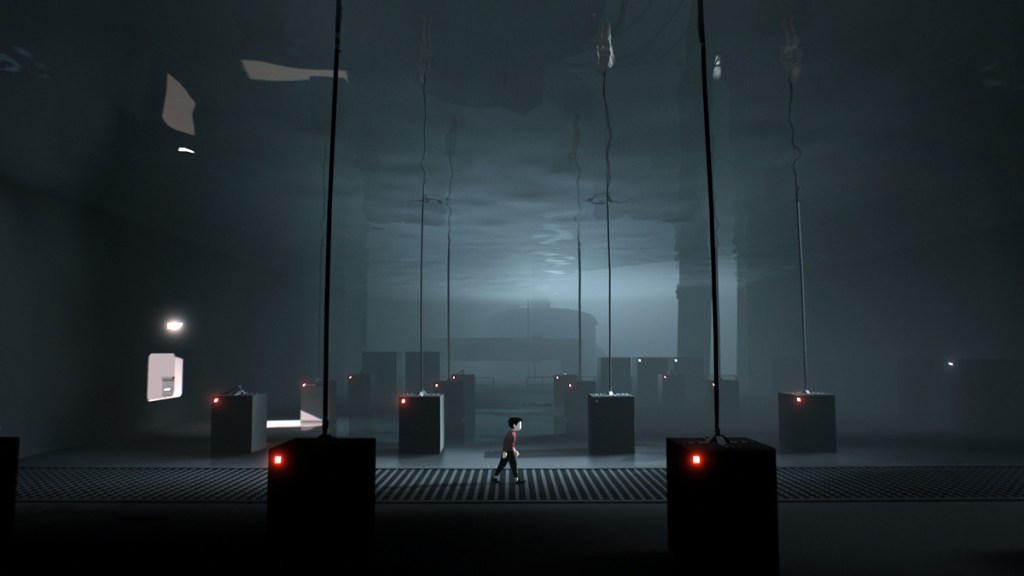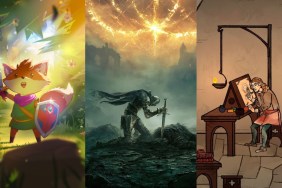Anyone who knows me knows I love the movies. I've seen 120 movies that came out in 2016 alone. Of course, though, I also love video games – that much should be obvious from my writings here. But one thing I will always love more about movies than games is the incredible independent scene that routinely produces, profitable, decorated and high-quality…

Atlas is an action-rpg with rogue-like elements where you use your ability to control the ground to fight the enemies and move through procedurally generated worlds.










